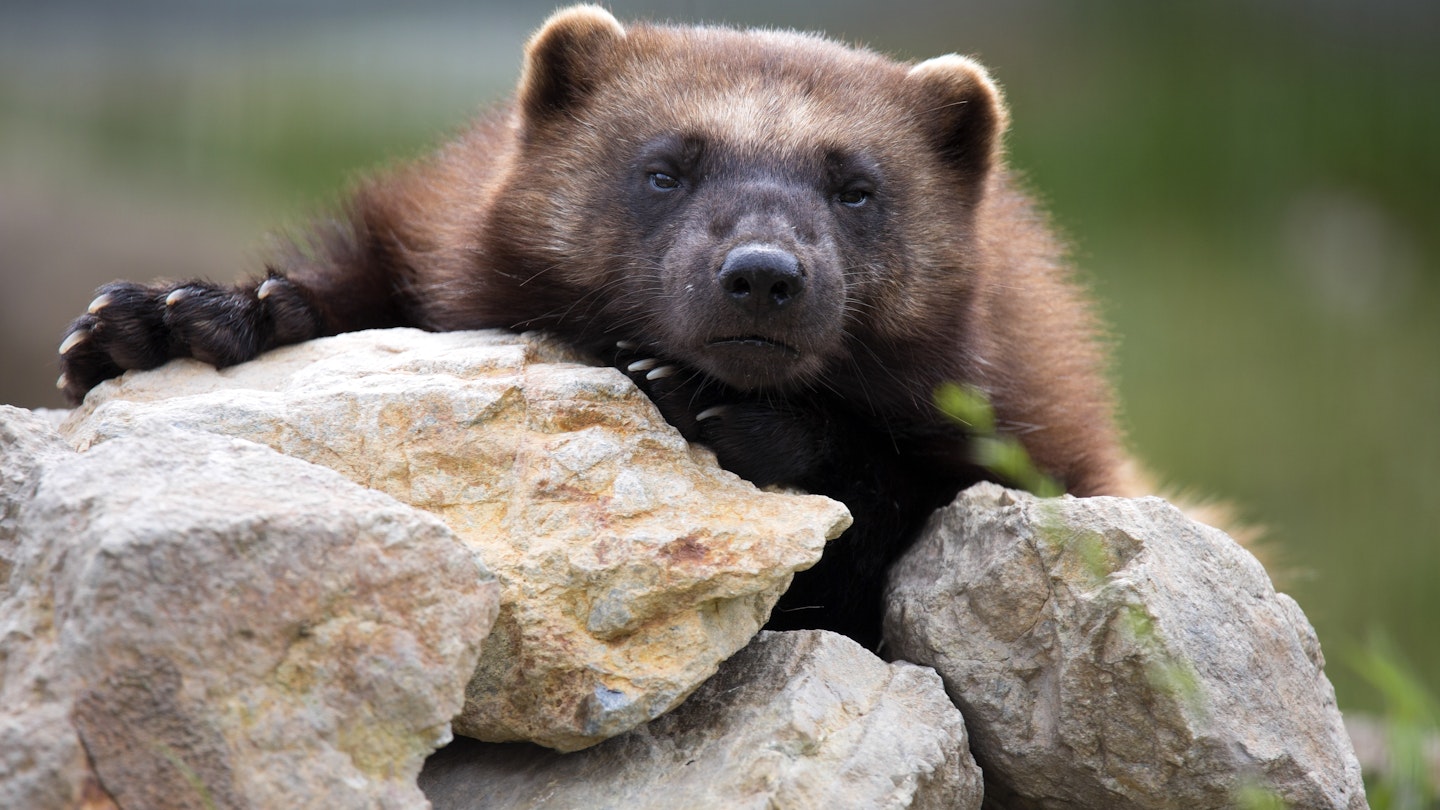Wolverines Return to Mt Rainier National Park
A family of wolverines has been spotted in Mt Rainier National Park in for the first time in 100 years. The mother and her two kits have set up a den there, as confirmed by footage captured by wildlife cameras in collaboration with the National Park Service and the Cascades Carnivore Project.

Wolverines are extremely rare in the , with an estimated population of only 300-1000 individuals across the lower 48 states. In 2018, scientists expressed hope for the return of wolverines to Mount Rainier National Park following confirmed sightings nearby and suitable wilderness habitat within the park’s bounds. They established camera stations aimed at photographing and identifying individual wolverines, resulting in the identification of the nursing female, affectionately named Joni.
To safeguard these rare creatures, locations of the den and the camera stations have not been disclosed to prevent potential harm or accidental disturbances. Additionally, Dr. Tara Chestnut, a park ecologist, noted that wolverines are solitary animals. Despite their portrayal in popular media as aggressive, they pose no threat to park visitors. “If you are fortunate enough to see one in the wild, it will likely flee as soon as it notices you,” she reassured.

Thanks to the support from Washington’s National Park Fund, the park has crafted a new carnivore tracking guide. Visitors are encouraged to download this resource prior to enjoying recreational activities in the public lands. The guide aids backcountry enthusiasts, skiers, snowshoers, and snowmobilers in learning how to minimize disturbances to the wolverine population. Furthermore, park visitors can report wildlife observations or images of wolverine tracks to the Mt Rainier online wildlife observations database.
Consequently, the park is delighted with its newest residents. “It’s really, really exciting,” said Chip Jenkins, park superintendent. “It indicates a positive trend for the park’s ecosystem — having such wide-ranging carnivores present signifies that we are effectively managing our wilderness.”
For comprehensive information regarding Mount Rainier National Park, visit the park’s official website here.
Lockdowns are easing globally as the planet adjusts to a new normal.




